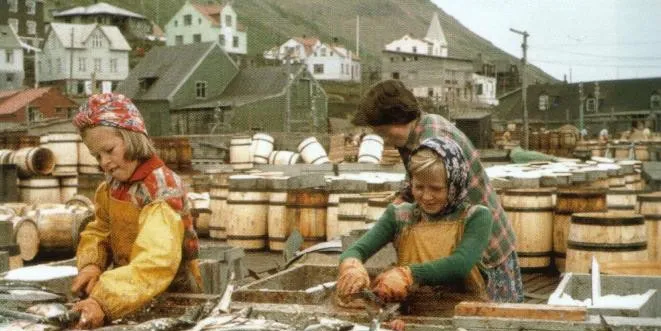Women in seafood: Groundfish Forum's Alda Möller
'Old boys networks allow intrigues to fester. Doing away with cliques will allow real talent to emerge.'

'Old boys networks allow intrigues to fester. Doing away with cliques will allow real talent to emerge.'
